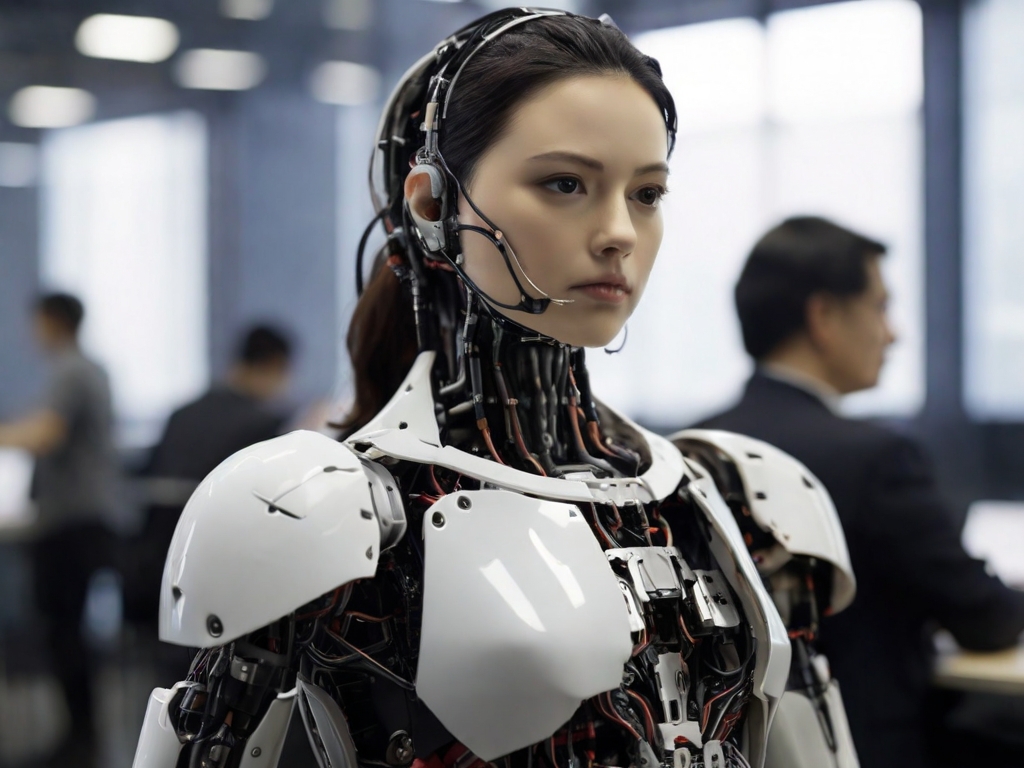The integration of Artificial Intelligence (AI) into education has ushered in transformative possibilities, but it is not without its challenges. Let’s explore how educators and developers are adopting a critical consciousness approach, drawing inspiration from Paulo Freire’s philosophy, to understand and address the societal implications of AI in education.
The impact of AI in education
AI algorithms have reshaped education, offering personalized learning, global classrooms, and administrative efficiency. Despite these benefits, questions loom about potential digital oppression, the digital divide, and the risk of passive information consumption. A critical consciousness approach is deemed essential to navigate these complexities.
Paulo Freire’s critical consciousness framework
Paulo Freire’s concept of critical consciousness, or “conscientização,” guides this examination. His philosophy emphasizes developing a critical awareness of societal context to challenge and change oppressive elements. It views education as a dialogical process that fosters critical thinking.
Applying Freire’s approach to AI in education urges a critical engagement with the technology. Educators and learners must ask crucial questions: Who does AI serve? Who is left behind? What are the implications for privacy, control, accessibility, and education quality? Can AI democratize education, or could it become a tool of digital oppression?
AI’s challenge: bias and discrimination
AI’s capacity to learn from data inputs brings unique challenges regarding bias and discrimination. AI systems are only as good as the data they are trained on, potentially perpetuating societal inequalities. Critical consciousness extends not only to educators and learners but also to AI developers, who must grasp the societal implications of their creations.
AI, despite its complexity, fundamentally lacks the depth of human consciousness. While AI replicates aspects of human intelligence, it lacks emotions, values, and subjectivity. AI’s decisions are driven by algorithms, not intrinsic desires or ethical considerations, setting it apart from human cognition.
Can AI experience critical consciousness?
AI, with its current technology, cannot experience critical consciousness as humans do. Critical consciousness involves questioning parameters, challenging the status quo, and taking action toward socio-political transformation—capabilities unique to human cognition and emotion.
AI systems mirror the perspectives, biases, and values of their creators. The information they provide, patterns they recognize, and recommendations they make are reflections of their inputs. AI is not independent but a reflection of human intentions, assumptions, and biases.
While AI can support educational processes and personalization, it cannot fully foster critical consciousness in learners. The task of promoting critical consciousness still primarily relies on a dialogue between educators, learners, and society.
The need for digital literacy
Integrating AI into education demands a paradigm shift in literacy—digital literacy. It goes beyond technical skills, encompassing a critical understanding of digital tools, their mechanics, biases, and implications. Educators play a vital role in fostering this digital literacy among students.
Welcoming AI’s influence in education requires a critical examination of its impact. Drawing from Freire’s philosophy, this entails fostering a global critical consciousness that transcends borders and challenges oppressive structures. The democratization of AI in education calls for diverse, global perspectives, inclusivity, and critical engagement.
Inclusivity in AI development
To ensure responsible and equitable AI deployment, diverse global stakeholders’ participation is essential. Voices from the Global South and underrepresented groups in the Global North should contribute to AI’s development, deployment, and evaluation, preventing the reinforcement of socio-cultural hegemony.
A just integration of AI into the education sector hinges on a critical evaluation of its influence. Echoing Paulo Freire’s philosophy, this approach fosters a global critical consciousness, promoting inclusivity and critical engagement. AI should not merely serve as a tool for learning but also as a subject of learning, fostering mutual understanding and respect for diversity.





